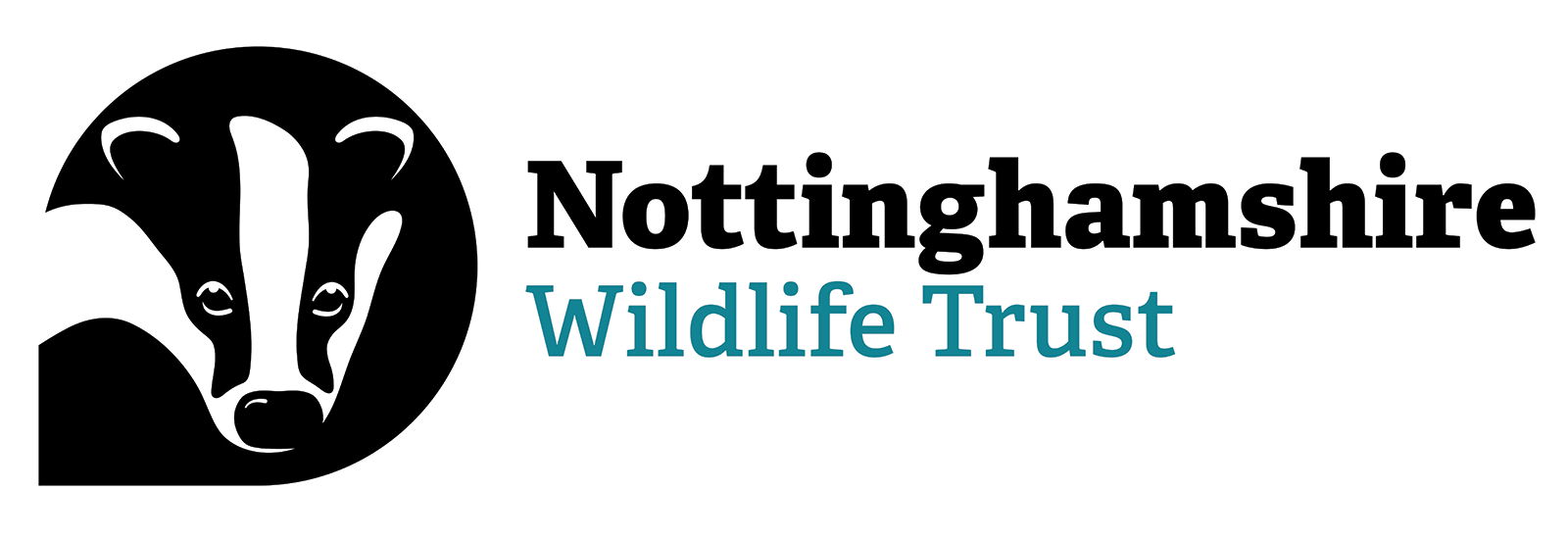The decision to sell the 1.8-hectare site at Lambley came after a detailed review of the charity’s 1300-hectare land holding which also identified the need to sell an additional 2.78 hectares of land. The difficult decision to sell the land, which equates to 0.34% percent of land in the charity’s care, was made by staff and trustees to ensure the charity’s budget remains in balance and that it can plan confidently for the future.
Speaking about the decision, Wildlife Trust Chief Executive Paul Wilkinson said:
“Whilst we are delighted to have come to an agreement with Lambley Parish Council which will secure the long-term future of Reed Pond Nature Reserve, there is no escaping the fact that the decision to sell any land from our holding has been very difficult. Like many charities we are working in a challenging financial environment and the county’s wildlife is under greater threat than ever before, so we must use our resources wisely. We’ve been working tirelessly to increase our income and reduce costs but after years of unprecedented success our financial reserves were seriously depleted. We are now on a much sounder footing and have ambitious plans for the future, but difficult decisions are unavoidable despite the generous support of our members and donors.”
The additional 2.78 hectares being sold consists of small areas of grazing pasture in Teversal, Kersall and Collingham plus a small orchard at Osmanthorpe.
Mr Wilkinson continued: “Saving and managing sites is in our DNA, but after 60 years standing up for the county’s wildlife we face real challenges. In addition to caring for 1300 hectares of nature reserves the Trust is currently working to secure the future of hundreds more hectares of wetland, heathland and grassland and fighting to protect wildlife from threats such as HS2, fracking and large-scale development. This means that difficult choices are unavoidable to ensure that we can protect wildlife right across the county, but as we’ve demonstrated with the agreement for Reed Pond, we’ll do everything we can to safeguard the future of the small parcels of land we’re having to sell.”
All the land being sold will be subject to restrictive covenants or other legal agreements to protect it from the threat of future development.
